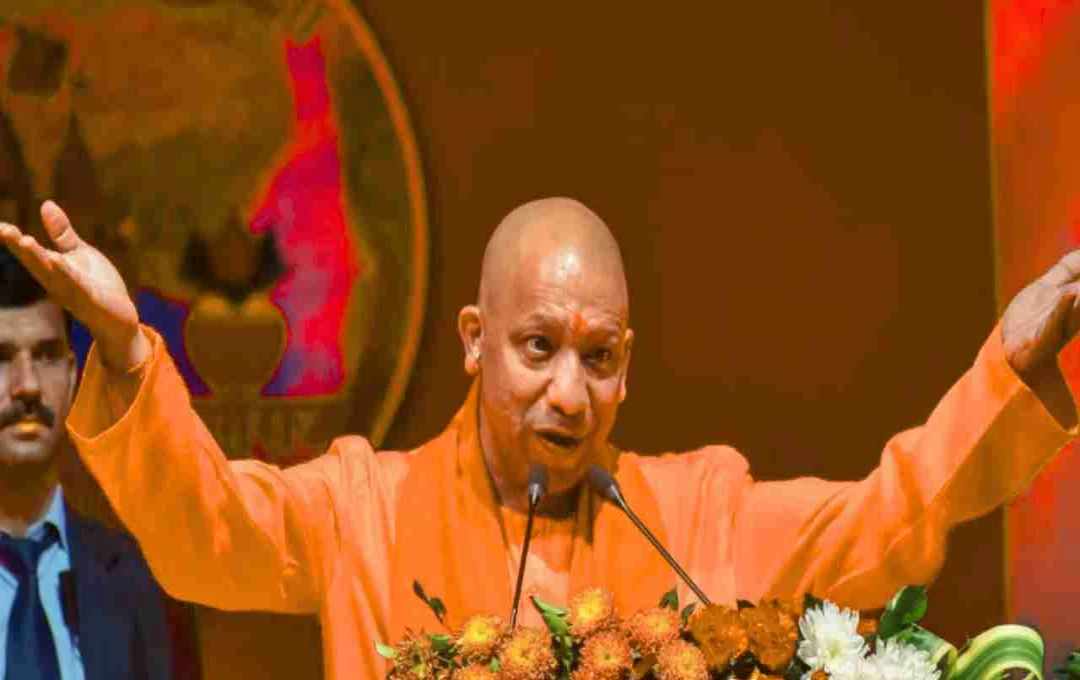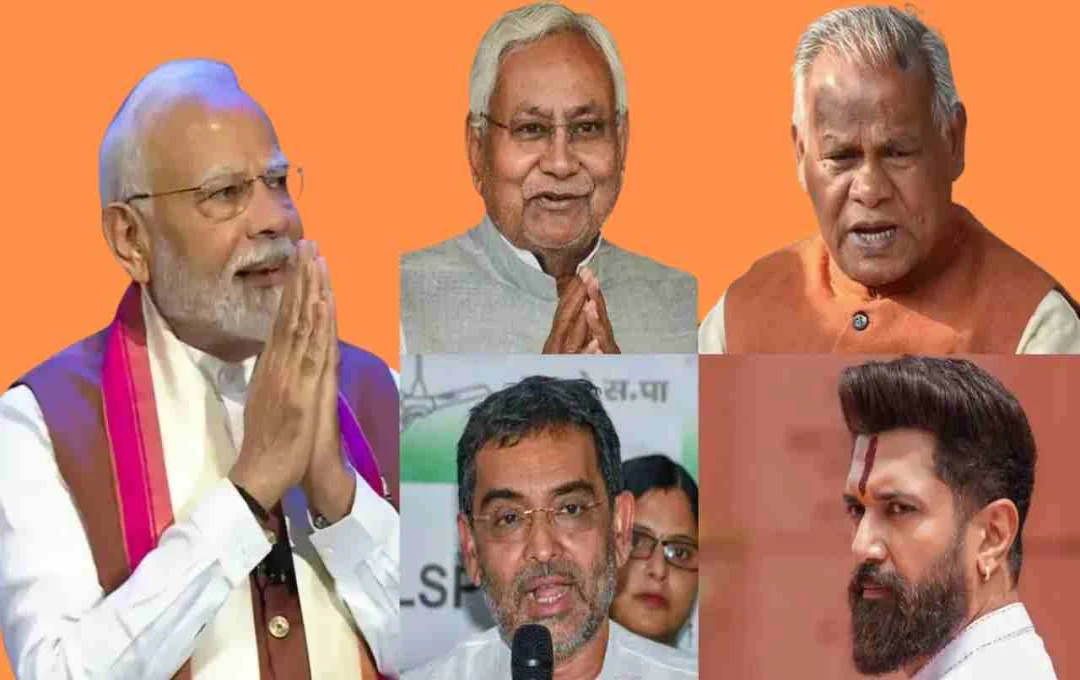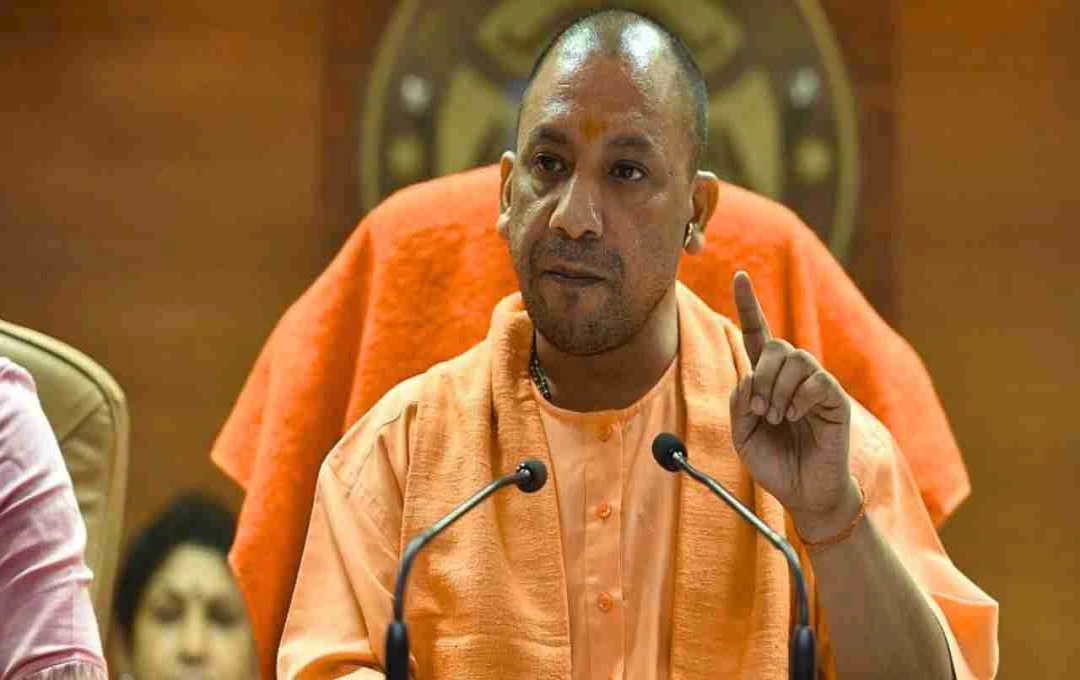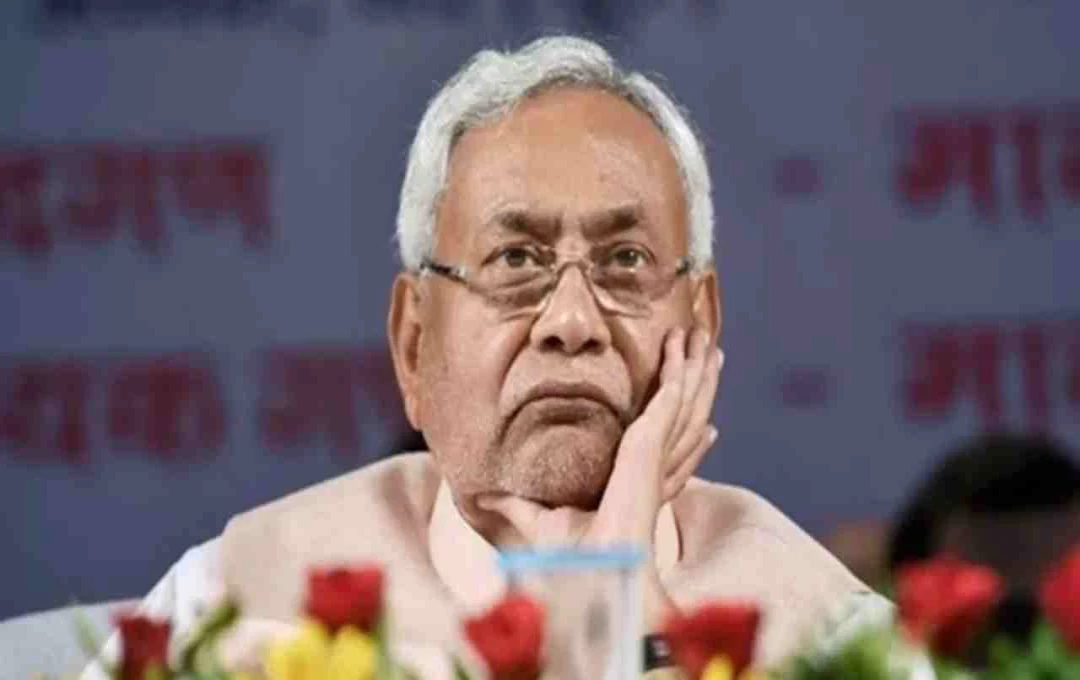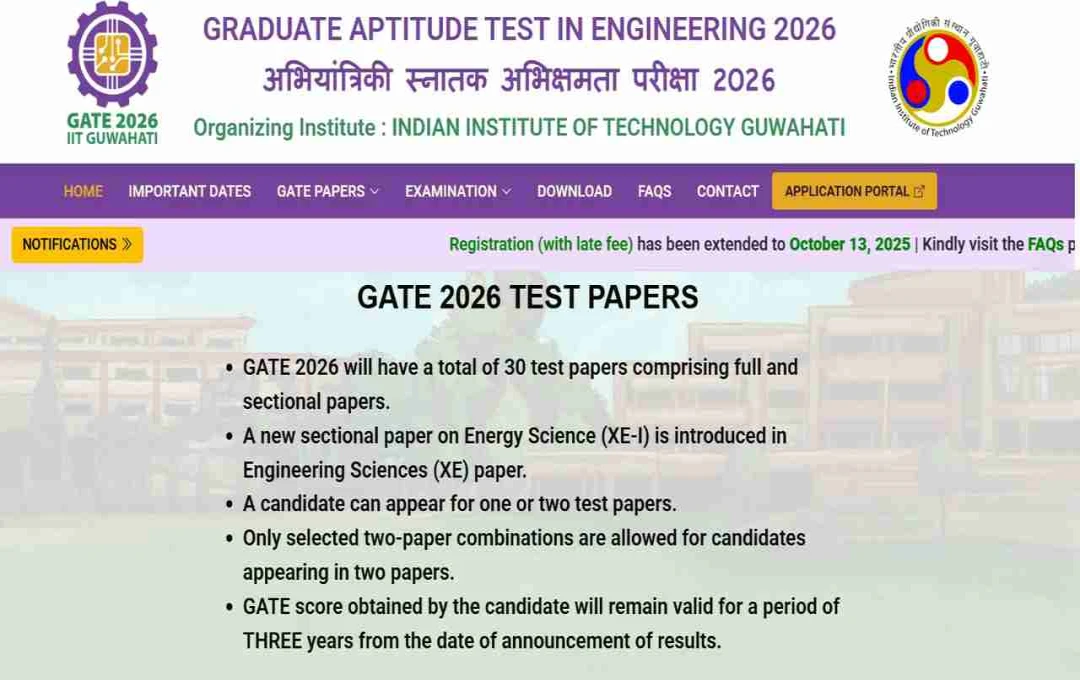Chief Minister Yogi Adityanath stated at the UP Judicial Officers 42nd Conclave that an accessible and prompt judicial system will ensure good governance and public welfare. Emphasis on expediting case disposal.
UP Judicial Officers 42nd Conclave: Chief Minister Yogi Adityanath inaugurated the 42nd Conclave of the Uttar Pradesh Judicial Services Association at the Lucknow bench of the Allahabad High Court on Saturday. On this occasion, he, along with Chief Justice Justice Arun Bhansali and other senior judges, initiated the program by lighting the lamp. DK Singh, President of the Judicial Services Association, welcomed all the guests.
Emphasis on Accessible and Prompt Judicial System
The Chief Minister said that the judiciary plays a vital role in the development and perception of any state. Justice should be accessible and prompt so that good governance can be established in the state. He said, "The beginning of a developed India has to be made from its unit. Justice should be prompt along with being accessible. A developed UP is essential for a developed India."
Cases Disposed of and Pending in 2024
Yogi Adityanath informed that 7.2 million cases were disposed of in the District Trial Courts of Uttar Pradesh in 2024. Despite this, more than 11.5 million cases are pending. The Chief Minister said that now more and more cases are being disposed of, and its positive results are visible in the state.
Strong Judicial System and Overall Prosperity
The Chief Minister said that Prime Minister Narendra Modi has linked the judiciary to the development of a developed India. A b judicial system will ensure the overall prosperity of the state. He informed that Uttar Pradesh has the largest High Court in the country, and Prayagraj is the center of the principal seat. He described it as a "Mahakumbh of judicial officers."
Implementation of New Laws
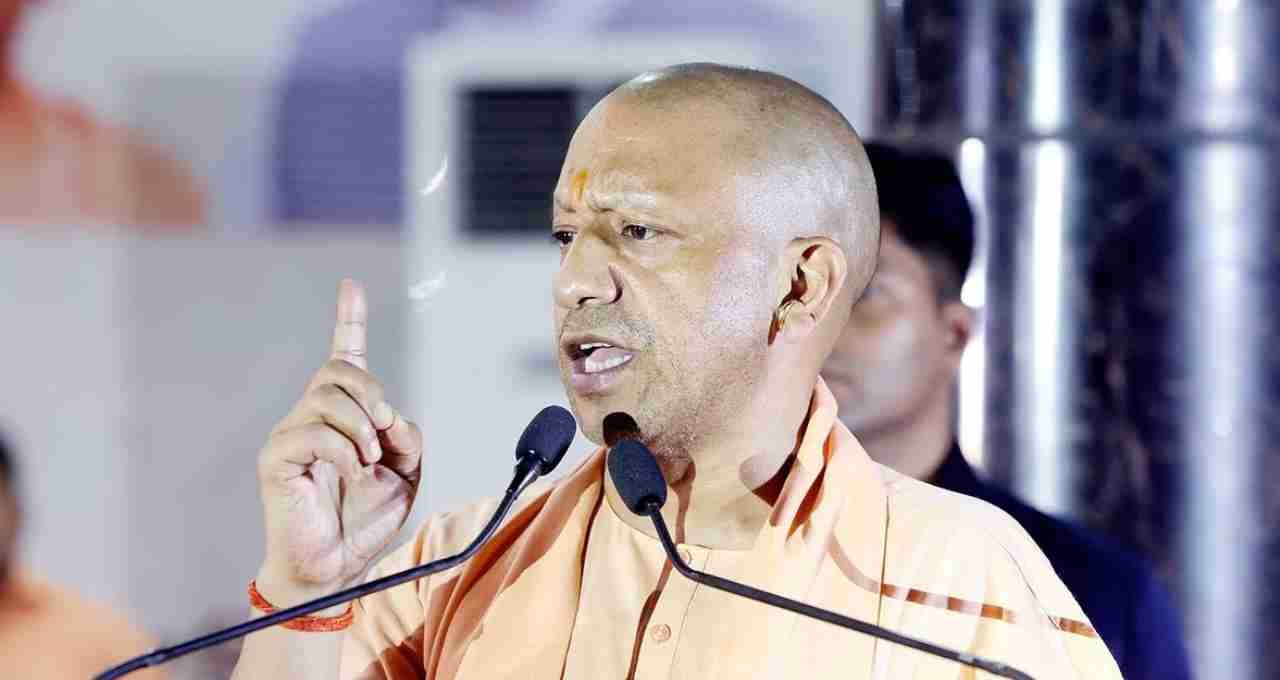
Yogi Adityanath informed that three new laws have been implemented from July 1, 2024: the Bharatiya Nyaya Sanhita, the Bharatiya Nagarik Suraksha Sanhita, and the Bharatiya Sakshya Adhiniyam. The Chief Minister said that despite initial difficulties, judicial officers promptly implemented these laws, proving that these laws are focused on a robust system of justice.
Improvement in Judicial Infrastructure
The Chief Minister informed about the approval for the construction of residences for judges in Prayagraj, the financial sanction of Rs 117 crore in Lucknow, and the release of Rs 44.91 crore for the maintenance of buildings. He said that better infrastructure is being made available in the District Courts for Tribunals and courts related to motor accidents.
Salaries and Facilities of Judicial Officers
Yogi Adityanath informed that Rs 1092 crore has been sanctioned for the salaries and allowances of judicial officers in Uttar Pradesh. A sports complex is being constructed for judicial officers at a cost of Rs 14.92 crore, and an auditorium is being constructed at a cost of Rs 2.36 crore. Rs 81 crore has been released for maintenance, and Rs 387 crore has been released for the construction of Dr. Rajendra Prasad National Law University.
Technical Improvements in Courts
The Chief Minister said that modern technical systems and data verse (AAI) will be used in the courts. The judicial process will be made more accessible and transparent through digital and e-forensic technology.
Judicial Officer Cooling and Air Conditioning
Yogi Adityanath announced the availability of cooling and air-conditioning facilities for judicial officers. He said that the working environment in the court should be better for judicial officers.
Details of the President of the Judicial Services Association
President DK Singh informed that there are ten judges per ten lakh people in Uttar Pradesh. Each judge has an average of 4500 cases pending and they have disposed of 2350 cases. UP state is the state with the highest case disposal rate. The President demanded special security and facilities for women judicial officers and judicial officers appointed after 2005. He said that there should be cooling and air-conditioning arrangements for judicial officers in the scorching heat.
